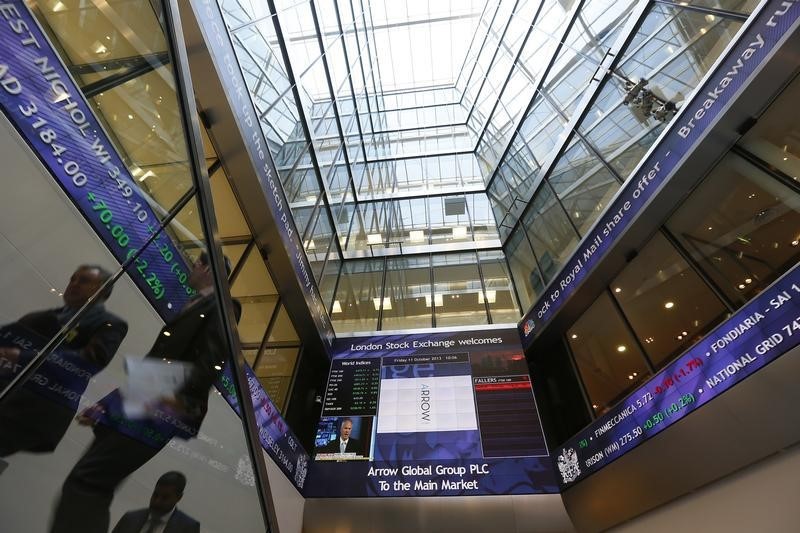European markets slip lower at end of volatile week; IAG soars
Investing.com -- European stock markets edged lower Friday, as investors digested a volatile week that has included political turmoil, key central bank decisions as well as more corporate earnings.
At 03:15 ET (08:15 GMT), the DAX in Germany slipped 0.1%, the CAC 40 in France dropped 0.2%, and the FTSE 100 in the UK fell 0.1%.
As far as the week is concerned, the DAX is the outperformer, gaining around 0.6%, while the CAC-40 gained 0.2% and the FTSE 100 actually dipped 0.5%. Political turmoil in Germany Germany has been in the spotlight this week, seeing heightened political instability as the potential for a snap election grows.
Chancellor Olaf Scholz’s attempt to engage with Friedrich Merz, leader of the opposition Christian Democratic Union, was met with strong resistance.
Merz not only rejected Scholz’s approach but also called for an immediate vote of no confidence in the Chancellor. This marks a significant escalation in Germany’s political crisis.
While this political uncertainty could more economic pain in the months ahead, it could also provide some hope for Europe's largest, and struggling, economy if it can lead to a less fractious government and the possibility of more stimulus.
Investoirs will also be keeping an eye out for news out of the National People's Congress Standing Committee in China. This could offer insights into Beijing’s economic policies and stimulus measures, which could have wider implications for global markets. IAG, Richemont release results
IAG (LON:ICAG ) stock soared over 6% after the airline group reported a strong third-quarter performance, with a 15.4% increase in operating profit and a 7.9% rise in revenue. The company also announced a €350 million share buyback.
Richemont (SIX:CFR ) stock rose 2% after the luxury group reported flat overall sales, largely offset tougher conditions in China with growth elsewhere. Oil markets set for weekly gains
Crude prices fell Friday, but were still on course for hefty weekly gains, helped by a group of top producers delaying plans to increase production, as well as the prospect of more supply disruptions.
By 03:15 ET, the U.S. crude futures (WTI) dropped 1.2% to $71.48 a barrel, while the Brent contract fell 1% to $74.85 a barrel.
For the week, both contracts are set to gain around 3%.
The market was supported this week by the Organization of Petroleum Exporting Countries and allies, a group known as OPEC+, stating that it will delay plans to begin increasing production from December, as well as expected actions by the incoming Trump administration, such as tighter sanctions on Iran and Venezuela.
Source: Investing.com
